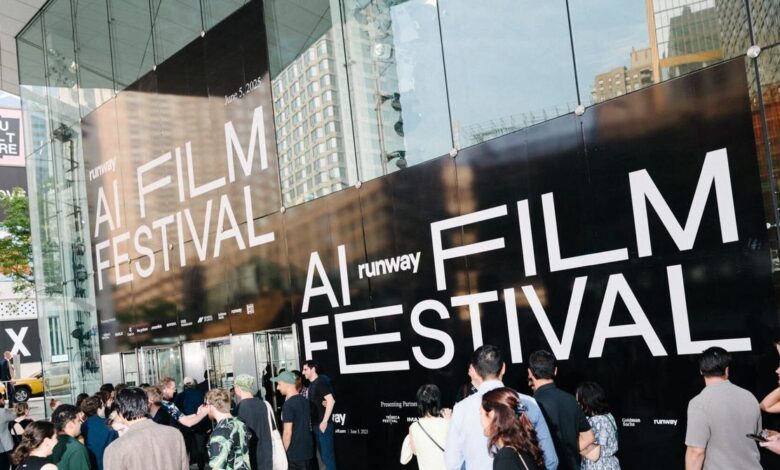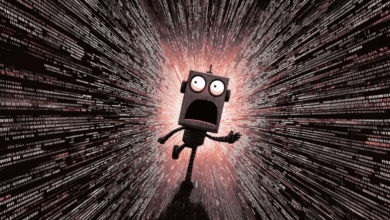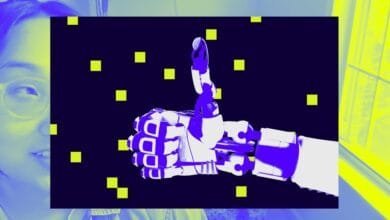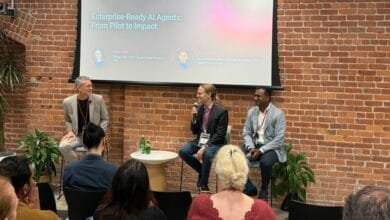I Went to an AI Film Festival – And Left With More Questions Than Answers

▼ Summary
– Paul Schrader questioned whether future films like Dune 3 might be made by AI, reflecting broader concerns that Hollywood’s polished visuals lack artistic personality.
– The author initially doubted that AI could develop its own aesthetic, ideas, or values, comparing it to a toaster simply executing programmed functions.
– To test these assumptions, the author attended the 2025 AI Film Festival, which showcased short films created using AI tools.
– The festival is backed by Runway, an AI company that provides tools for generating images, videos, and entire scenes to aid filmmaking.
– Runway’s cofounder stated the festival aims to legitimize AI filmmaking tools and bring together filmmakers and technologists, with selected works now touring Imax theaters.
Exploring the intersection of artificial intelligence and cinema raises profound questions about creativity, authorship, and the future of filmmaking. When respected director Paul Schrader recently speculated whether a future installment of a major franchise might be created by AI, it resonated with a growing unease among audiences. Many feel that contemporary blockbuster films have started to resemble sterile, impersonal visual experiences, as if crafted by algorithms rather than human artists.
This sentiment became especially palpable with the release of a recent sci-fi epic, where the visual style seemed to echo the polished, generic quality often associated with AI-generated imagery. Though the filmmakers employed machine learning in limited technical ways, the comparison sparked deeper reflection. Does AI video generation produce a recognizable aesthetic? Can these systems develop artistic intent or convey meaningful values? My initial reaction leaned toward skepticism, machines lack consciousness, intentionality, or emotional engagement. They process data; they don’t create with purpose.
To challenge these assumptions, I attended a special screening of short films presented as part of an AI film festival. The event showcased works produced using tools from Runway, a company focused on developing AI systems for creative applications. Their software enables users to generate characters, settings, and entire scenes through text prompts and algorithmic processing.
The festival itself emerged from a desire to elevate AI-generated content beyond casual experimentation or criticism. Its organizers, who met as graduate students in a digital arts program, described themselves as aspiring filmmakers who wanted to build the tools they wished had existed. By hosting screenings in prestigious venues and partnering with major theater chains, they aim to foster serious engagement with AI as a cinematic medium.
What became clear is that this technology is rapidly evolving, not just in capability, but in how it is perceived and utilized. The works presented varied widely in style, coherence, and emotional impact. Some felt hollow or strangely incoherent; others demonstrated surprising nuance or visual invention. What remained unanswered was whether these were triumphs of human guidance or glimpses of machine creativity. The most compelling question may not be whether AI can replace filmmakers, but how it will redefine collaboration between human vision and computational power.
(Source: Wired)






